Heal Without Stepping Away from Life
Explore Featured Centers


158 Rockaway Rd. Oak View, CA 93022
Ojai Recovery


17810 Simonds St., Granada Hills, CA 91344
Simonds Recovery Centers

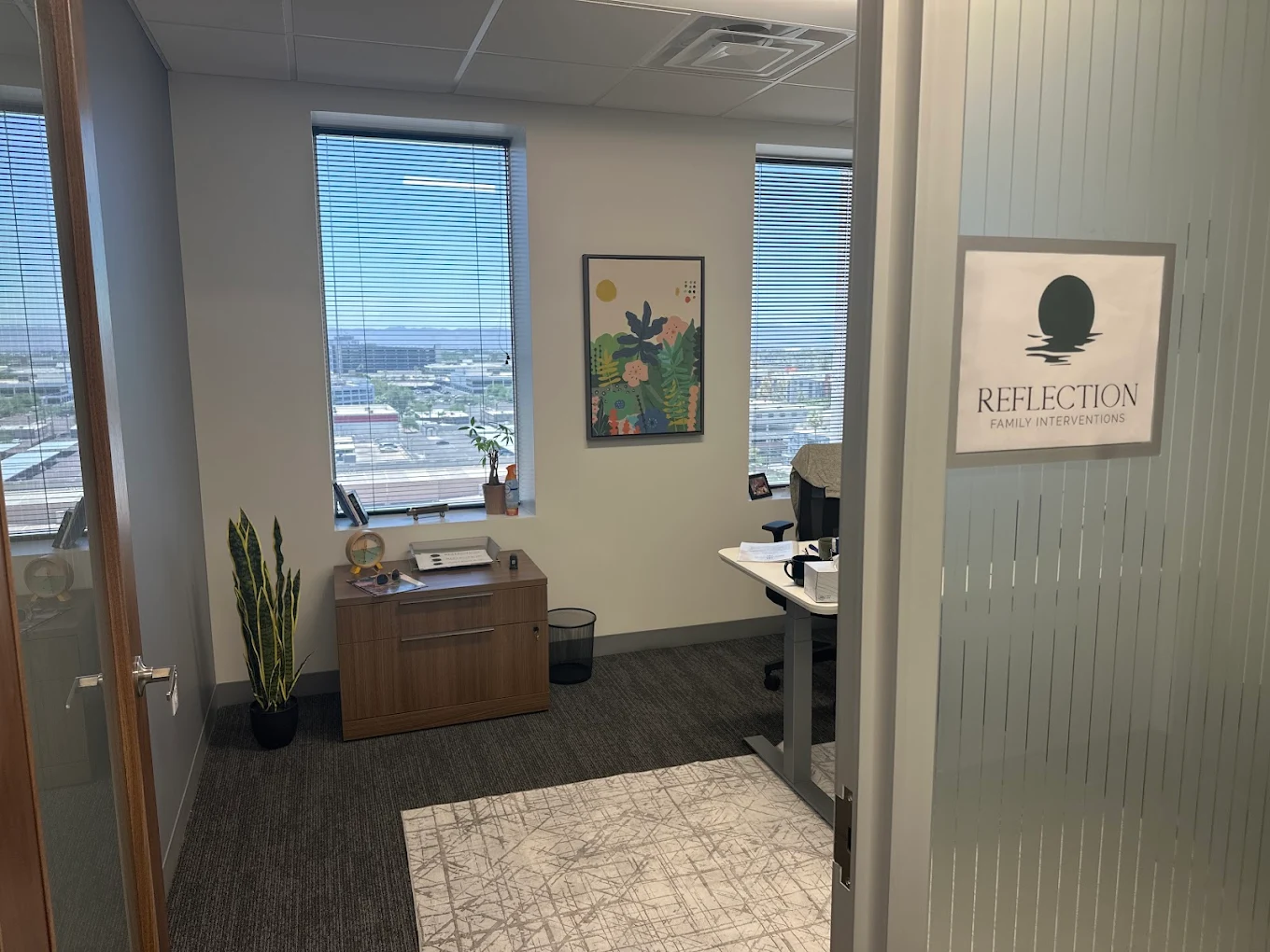
3838 N Central Ave. Ste 956, Phoenix, AZ 85012, United States
Reflection Family Interventions

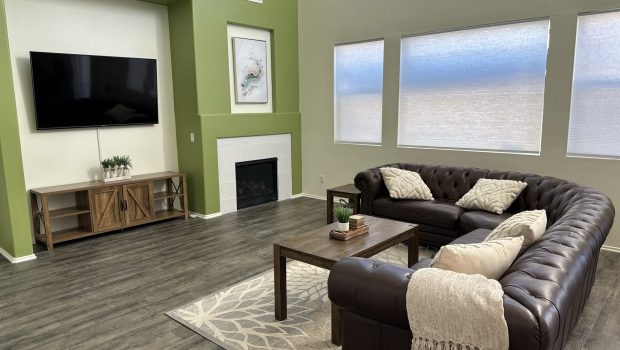
43828 47th St W, Lancaster, CA 93536, United States
Quest Behavioral Health


1117 E. Morehead Street, Suite 100, Charlotte, North Carolina 28204
Carolina Outpatient Detox


2700 Northeast Expressway Suite C650, Atlanta GA 30345
Metro Atlanta Outpatient Detox

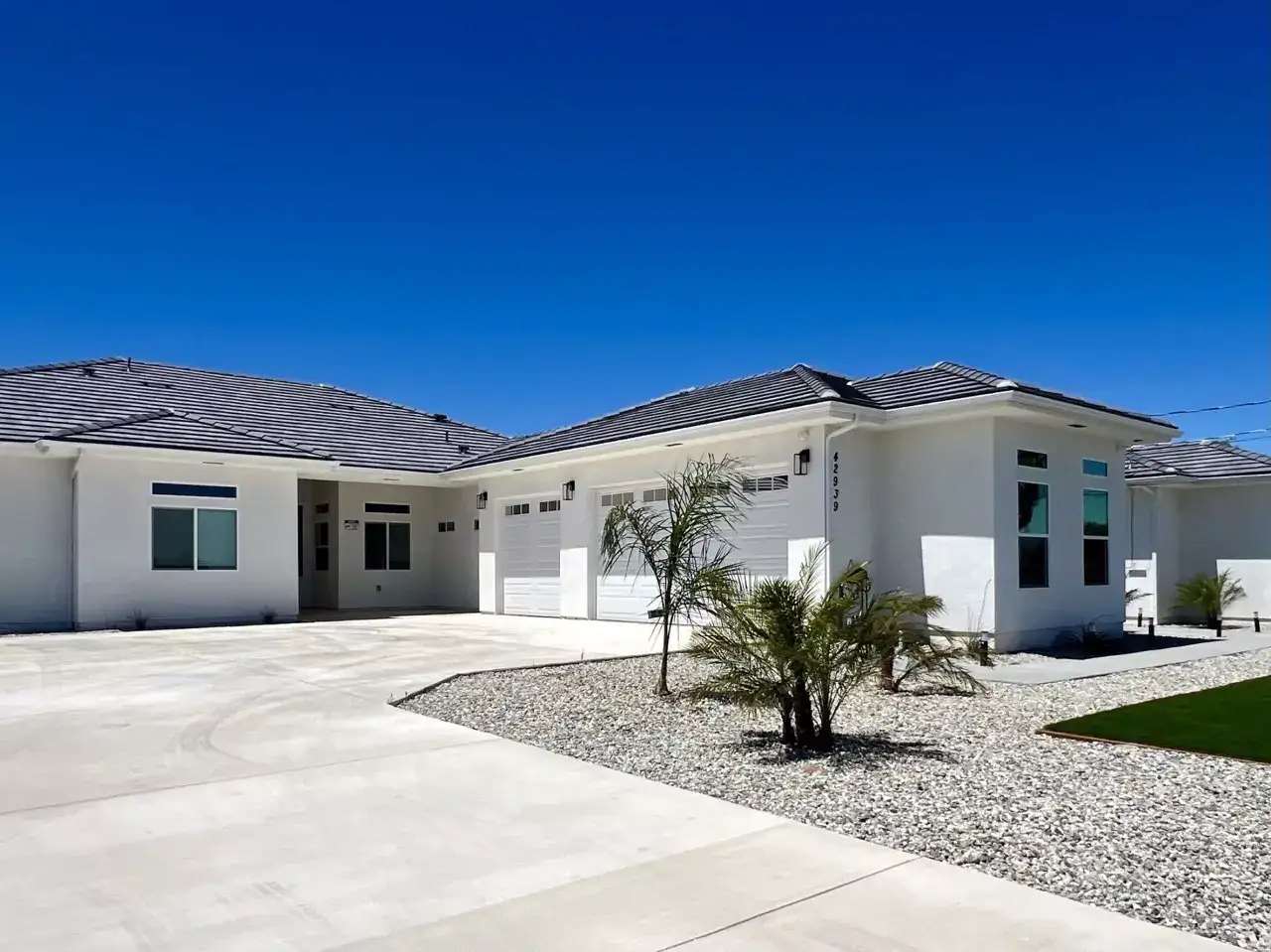
42939 45th St W, Quartz Hill, CA 93536
Quest 2 Recovery


801 Garden St. Suite 101 Santa Barbara, CA 93101
Santa Barbara Recovery

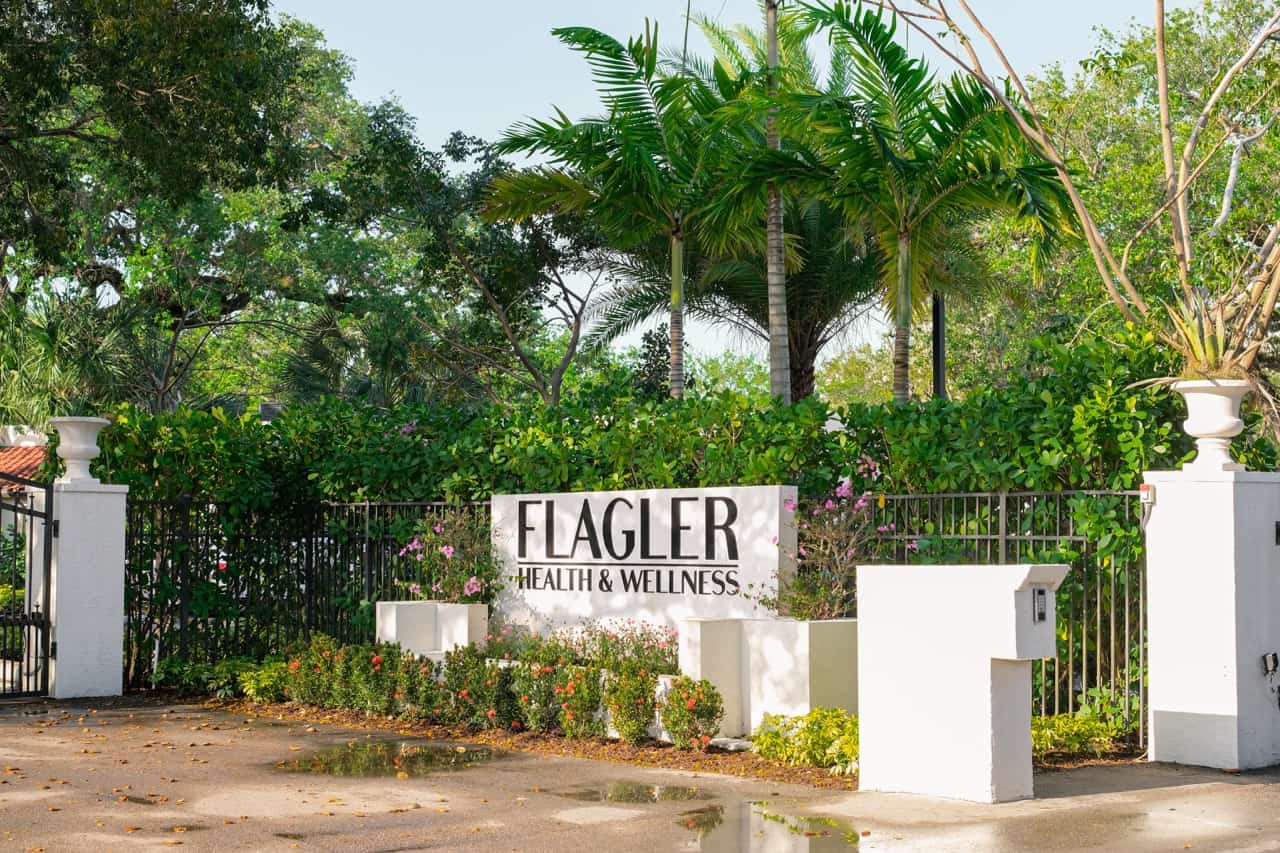
1803 S Australian Ave, West Palm Beach, FL 33409
Flagler Health & Wellness

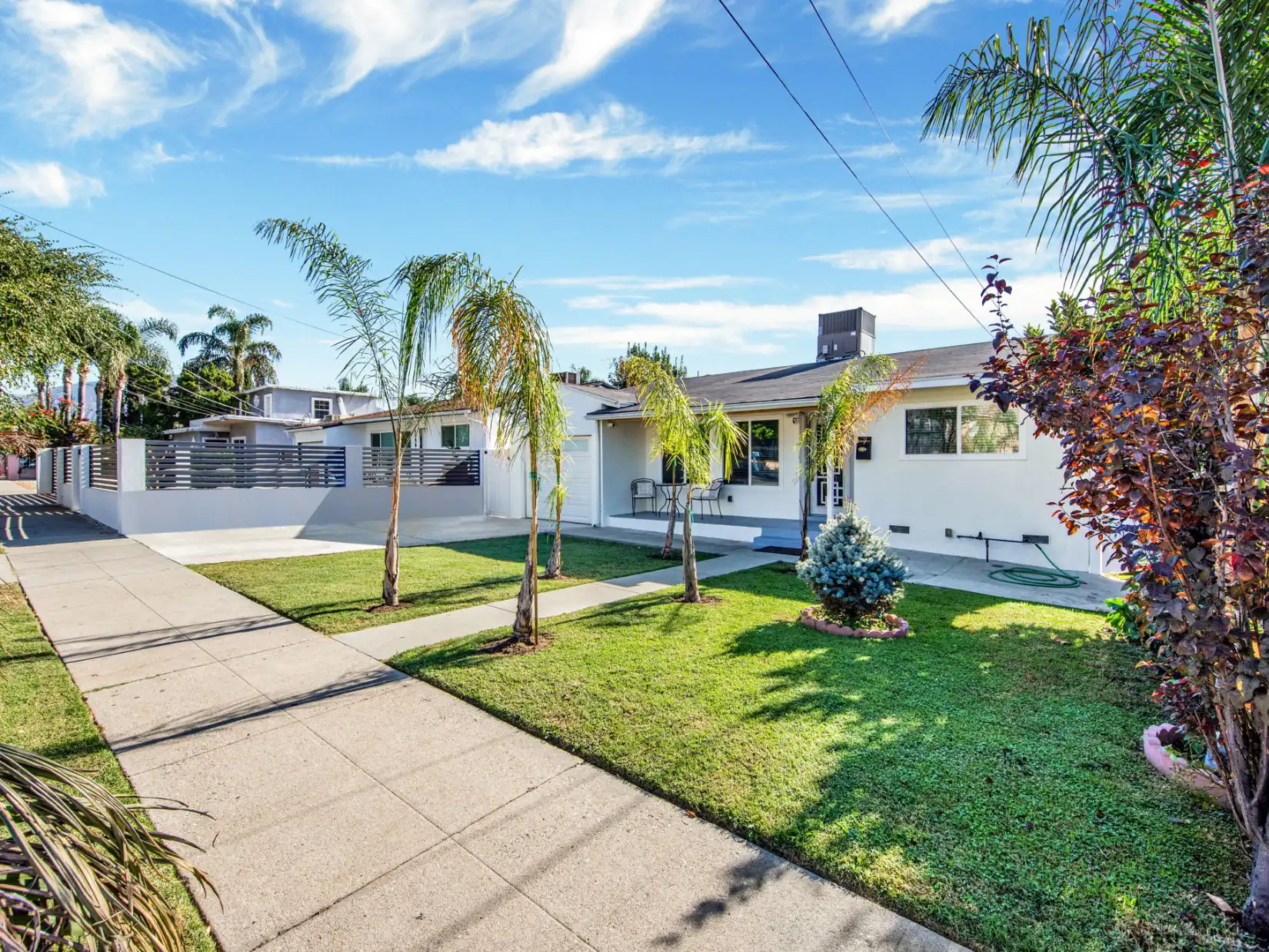
13992 Aztec St, Sylmar CA 91342
New Beginnings Detox & Recovery

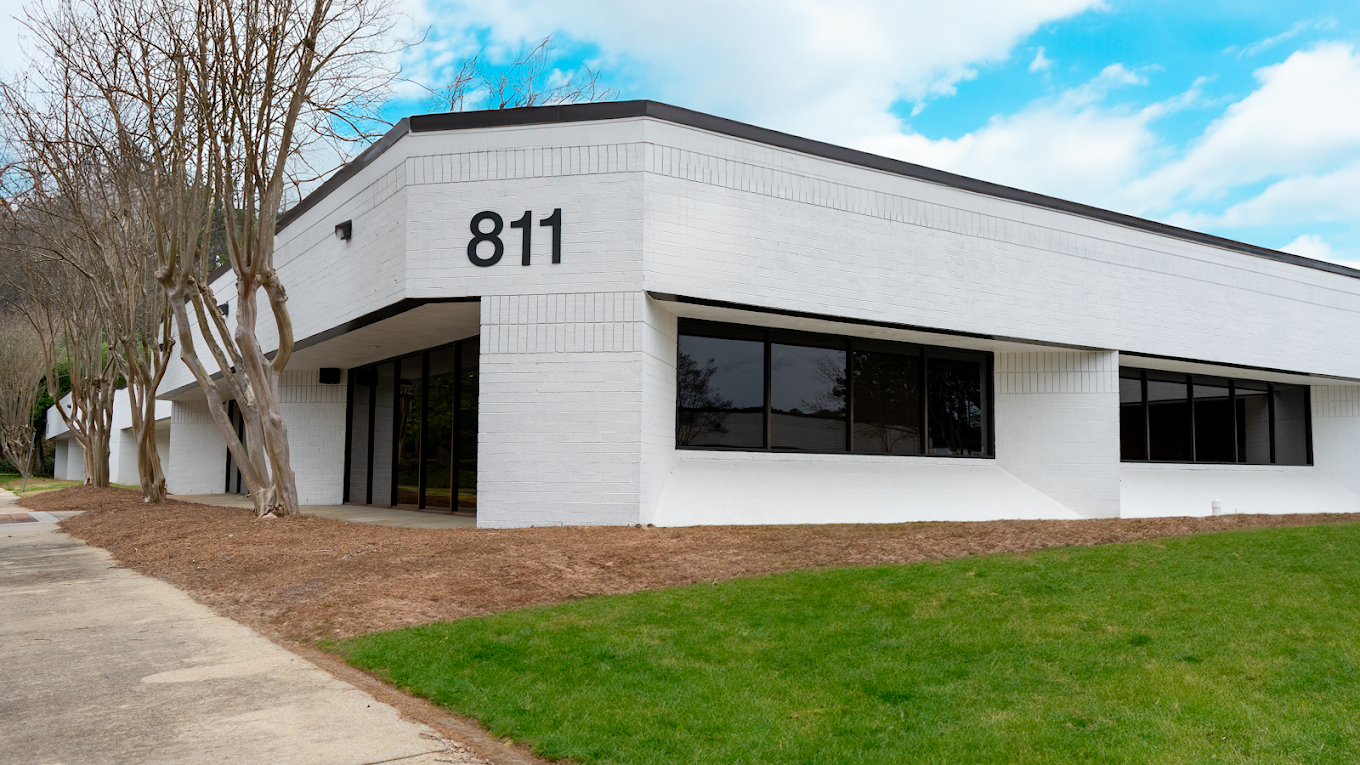
811 Livingston Ct Suite B11, Marietta, GA 30067
Cobb Outpatient Detox

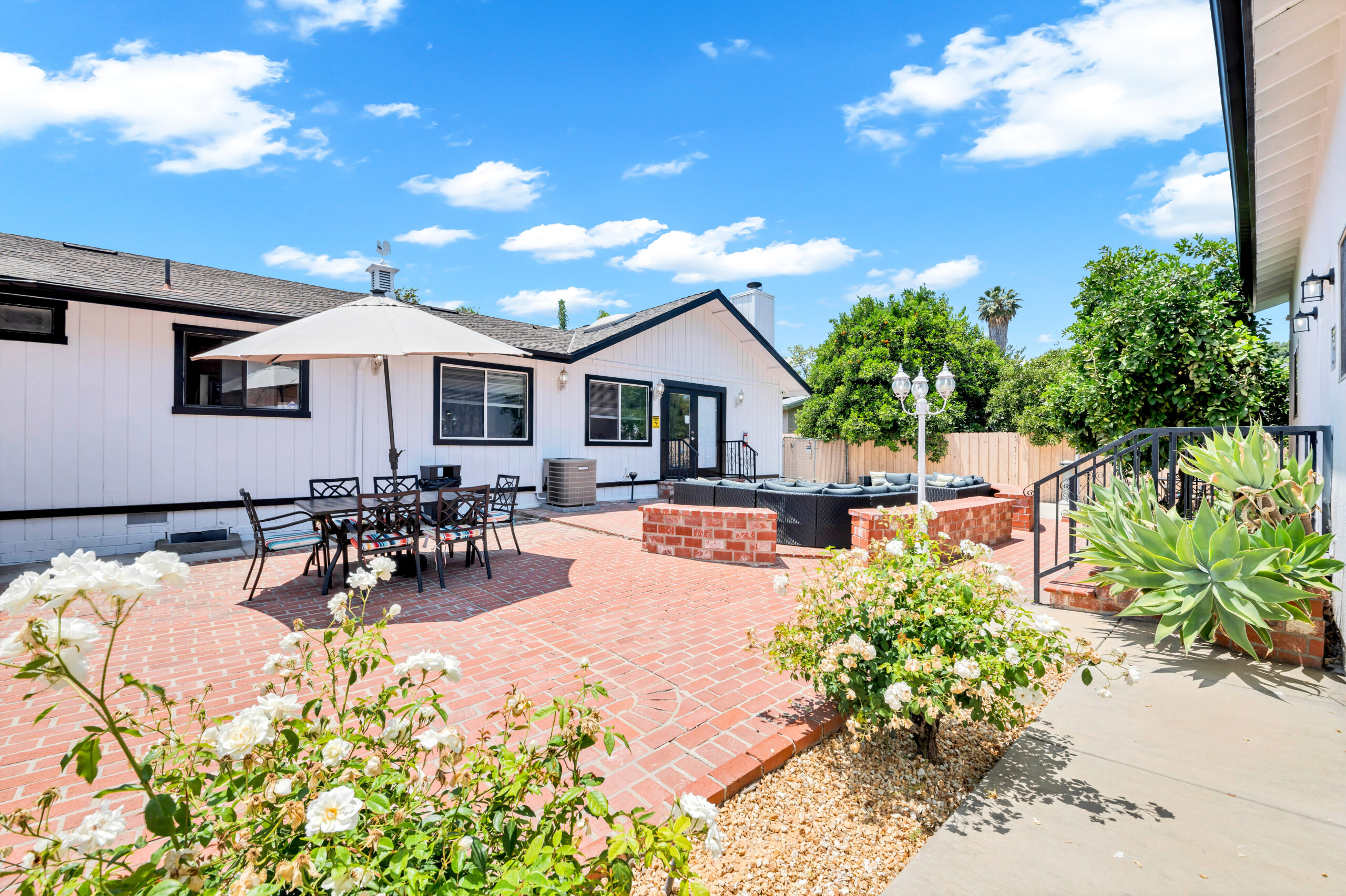
6215 White Oak Ave Encino, CA 91316
Northridge Addiction Treatment Center

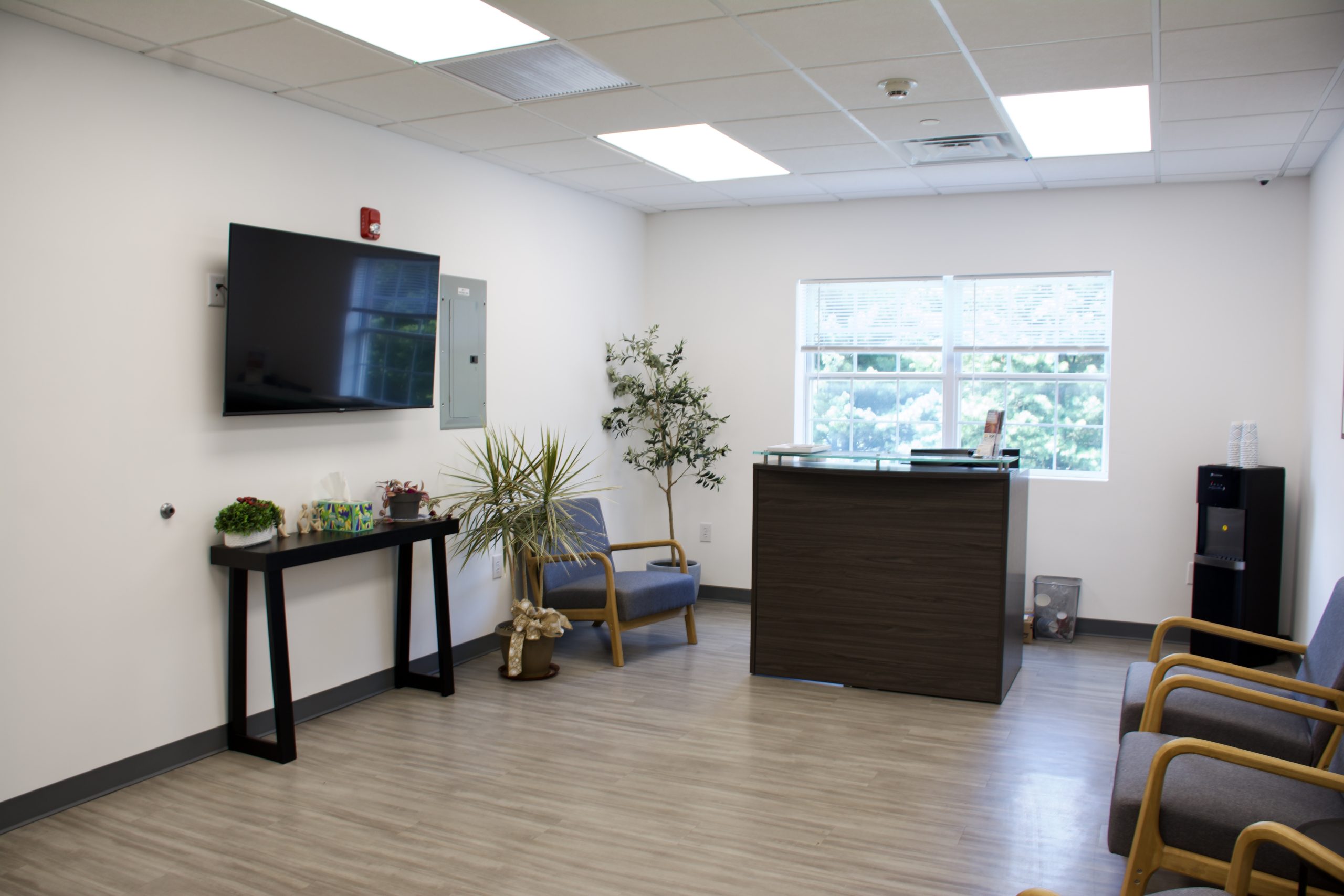
179 Cahill Cross Road, Suite 210 West Milford, New Jersey 07480
The Hope Institute


23033 Ostronic Drive Woodland Hills, CA 91367
Villa Healing Center

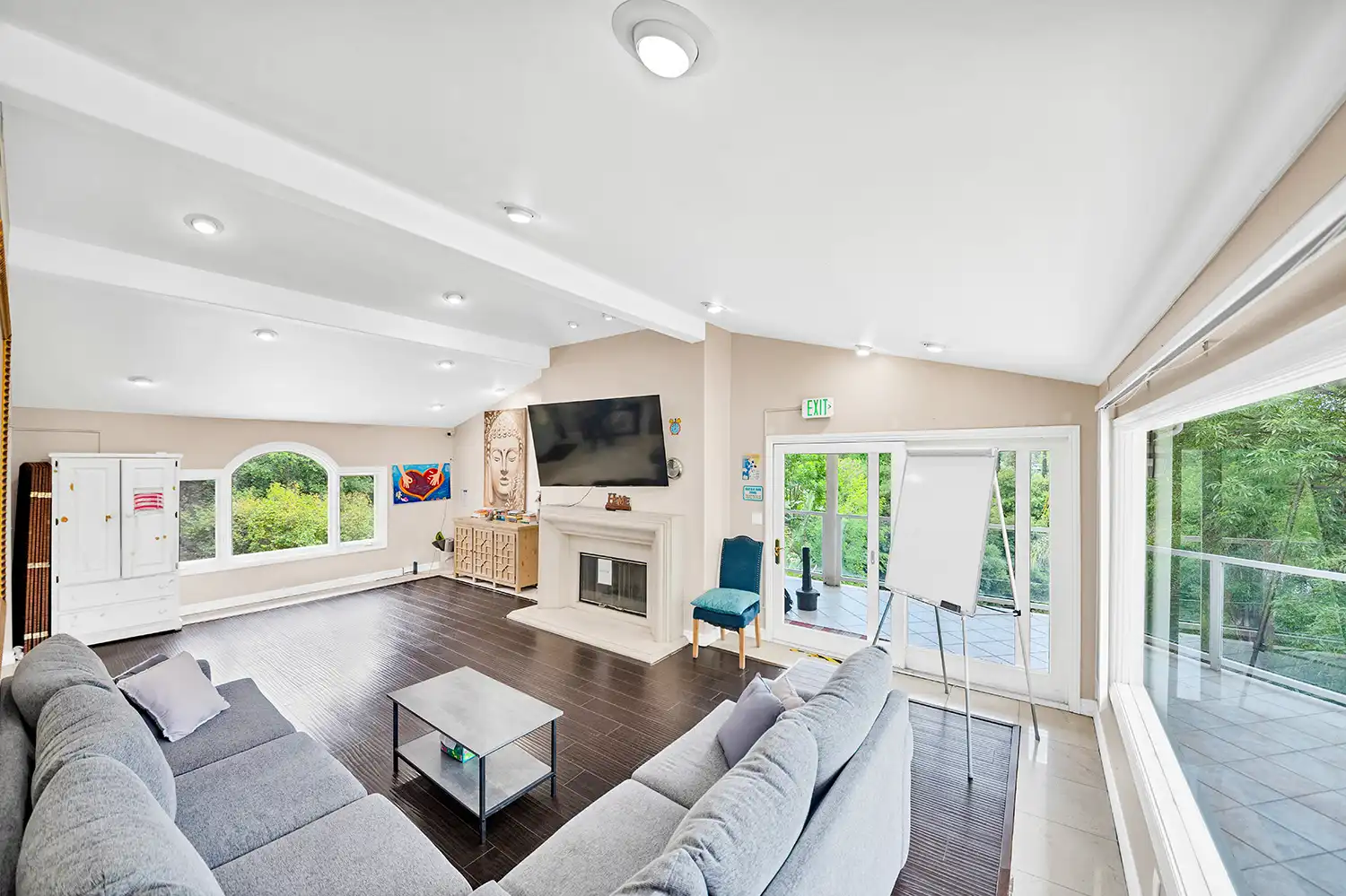
5051 Hood Dr, Woodland Hills, CA 91364, United States
Villa Treatment Center


68380 Verano Rd Cathedral City, CA 92234
Journey 4 Success
Sober living homes offer a supportive transition from intensive treatment to independent living. These homes provide a stable, substance-free environment where individuals can continue practicing recovery skills learned in treatment. With structured routines, peer accountability, and emotional support, sober living promotes personal growth and resilience, helping individuals gradually reintegrate into everyday life while maintaining sobriety.
We connect you with trusted sober living homes at Recovery Center Guide, prioritizing safety, structure, and long-term success. Our network fosters community, accountability, and ongoing support to build a healthier, substance-free lifestyle.



You may find sober living helpful if you are:
Sober living offers the stability and support essential for maintaining recovery progress while creating a new, substance-free lifestyle.
Returning to daily life after treatment can bring unexpected challenges. Old routines, familiar places, and past relationships may increase the risk of relapse. A sober living environment helps reduce those risks by offering structure, accountability, and support. With consistent rules, shared goals among peers, and a focus on personal responsibility, residents can gradually ease back into real-world responsibilities. This kind of setting reinforces the skills learned in treatment while encouraging emotional growth, social connection, and lasting sobriety.
Each sober living home offers unique features, but most provide the following:
A stable setting where residents follow clear guidelines, fostering a sense of order and routine to support personal growth and recovery.
Opportunities for individuals to connect, share experiences, and build lasting relationships with others who are committed to healing.
Daily interactions that encourage self-discipline, responsibility, and mutual support among residents, creating a motivating atmosphere for everyone.

158 Rockaway Rd. Oak View, CA 93022

17810 Simonds St., Granada Hills, CA 91344

3838 N Central Ave. Ste 956, Phoenix, AZ 85012, United States

43828 47th St W, Lancaster, CA 93536, United States

1117 E. Morehead Street, Suite 100, Charlotte, North Carolina 28204

2700 Northeast Expressway Suite C650, Atlanta GA 30345

42939 45th St W, Quartz Hill, CA 93536

801 Garden St. Suite 101 Santa Barbara, CA 93101

1803 S Australian Ave, West Palm Beach, FL 33409

13992 Aztec St, Sylmar CA 91342

811 Livingston Ct Suite B11, Marietta, GA 30067

6215 White Oak Ave Encino, CA 91316

179 Cahill Cross Road, Suite 210 West Milford, New Jersey 07480

23033 Ostronic Drive Woodland Hills, CA 91367

5051 Hood Dr, Woodland Hills, CA 91364, United States

68380 Verano Rd Cathedral City, CA 92234
Our network of recovery centers offers a variety of evidence-backed strategies to support your healing process. These treatment approaches include:
Each treatment plan is designed around your specific needs, history, and personal recovery journey.
Sober living is not just about having a place to stay it’s a foundation for personal growth and long-term wellness. Residents have access to recovery coaching for mentorship and goal-setting, while regular house meetings provide accountability and foster meaningful connections. Life transition planning helps individuals gradually move towards full independence, and emotional support is available to process any challenges.
Many homes also promote community involvement through volunteer opportunities, spiritual practices, or sober activities. This approach ensures that residents continue to grow and build a fulfilling life beyond treatment.
Your recovery journey typically begins with a comprehensive assessment, followed by a customized plan that may include:
Find the Right Sober Living Home!
Let Recovery Center Guide help you find a safe, recovery-focused environment where you can continue to grow.
Frequently Asked Questions
Sober living homes provide a safe, drug-free environment to support recovery after detox or residential treatment.
Length of stay varies but typically ranges from a few months to a year, depending on individual needs and progress.
Yes, homes usually have rules like curfews, drug testing, mandatory meetings, and chores to promote structure and accountability.
Those transitioning from inpatient care, lacking a stable home, or needing extra support to stay sober can benefit from sober living.
While therapy isn’t always provided onsite, many residents continue outpatient therapy or attend support groups while living there.
Get The Help You Need
We’ll help you find the right treatment center so you can get the support you deserve.